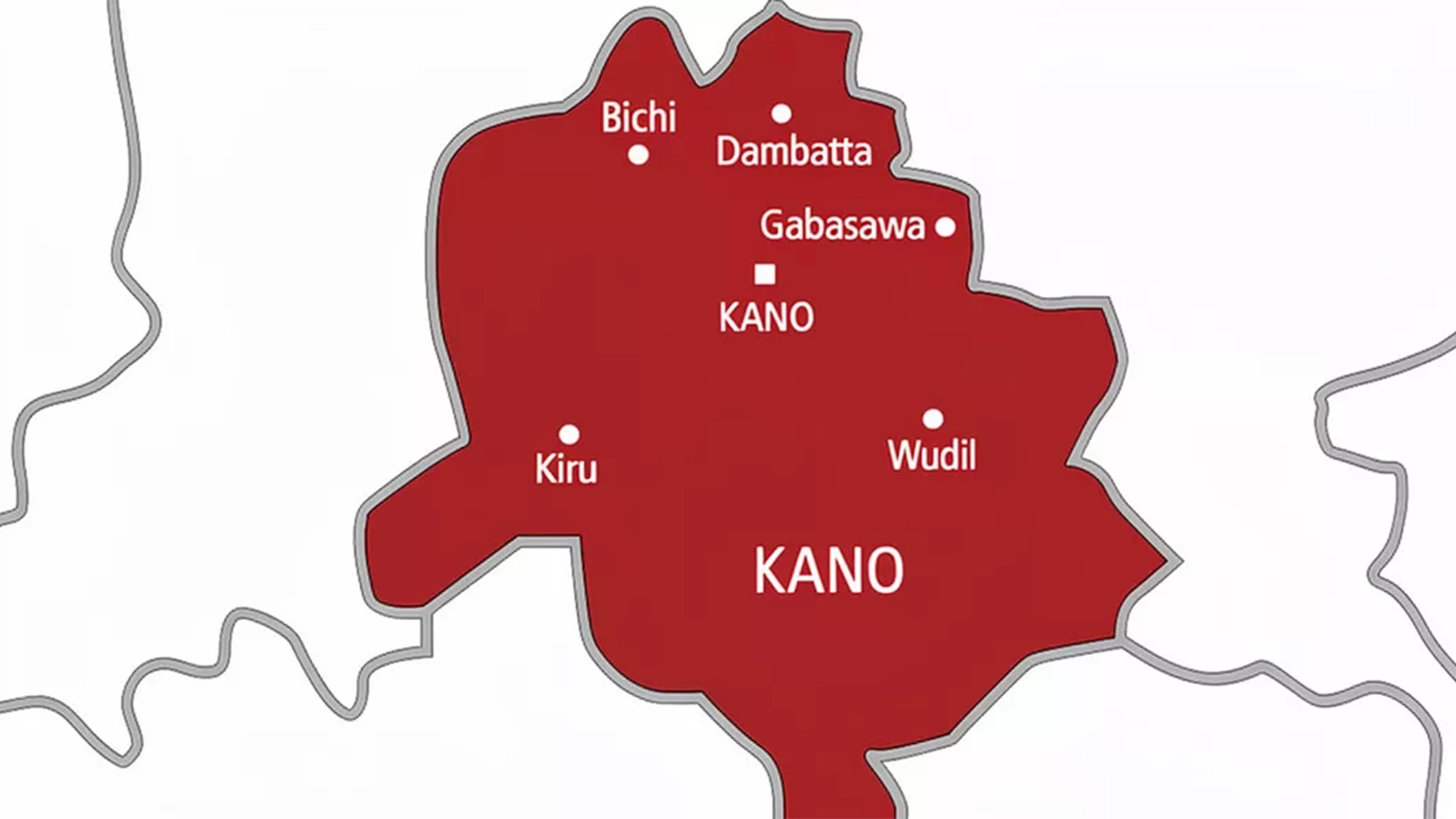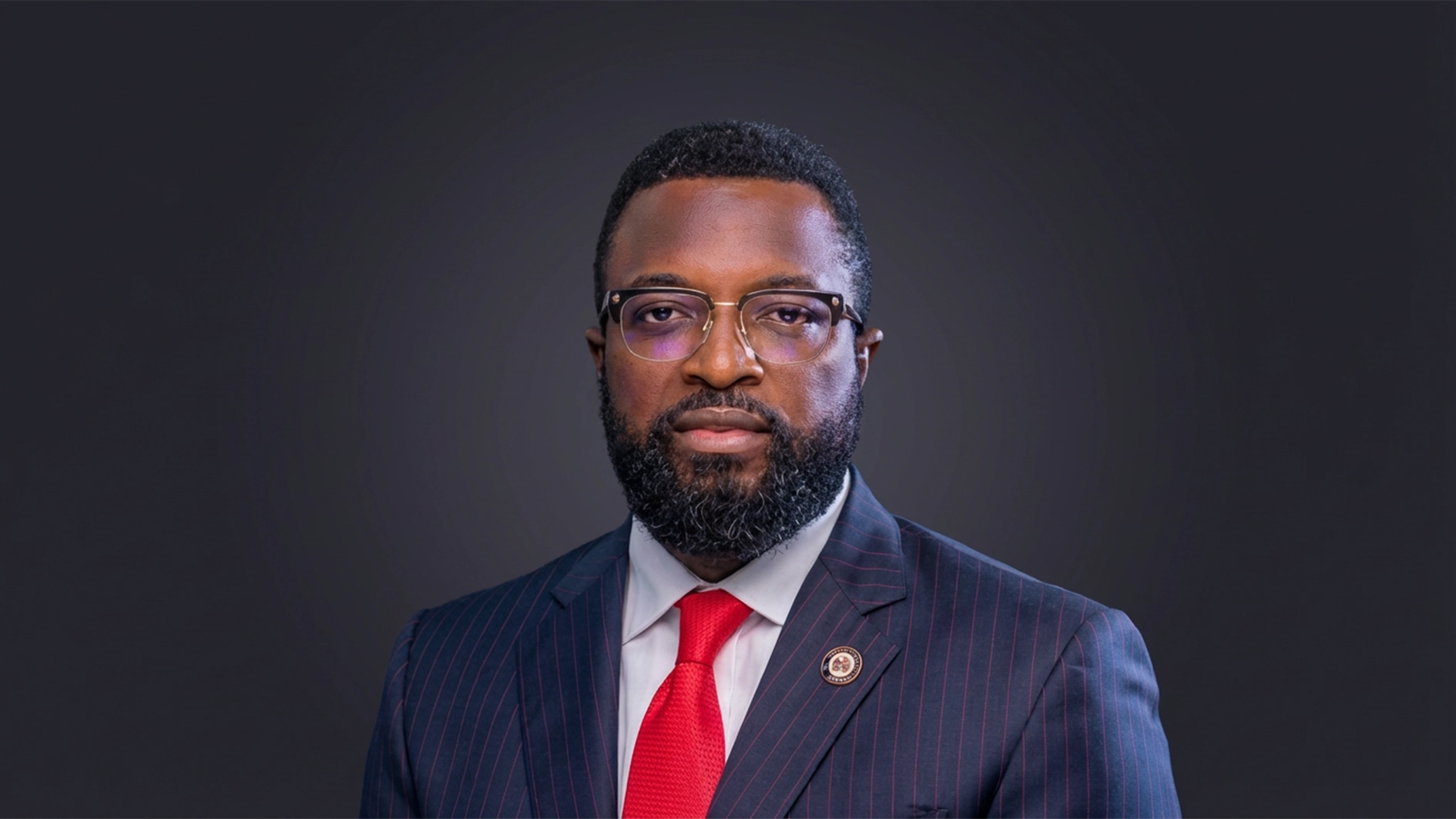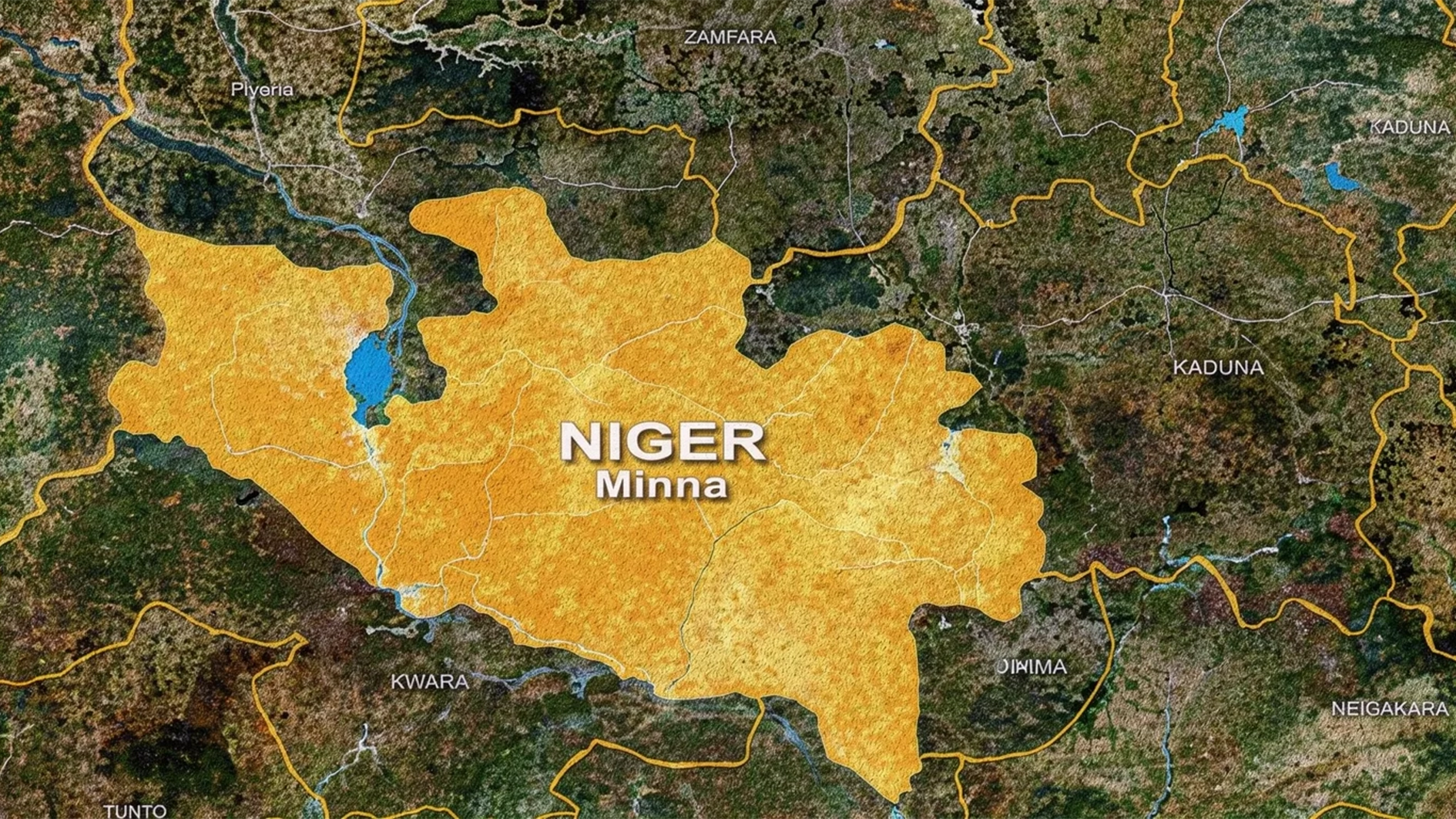- Márquez, Tuggar outline fresh areas of cooperation
Colombian Vice President, Francia Márquez, has called for stronger ties with Nigeria and Africa at large, urging countries of the Global South to unite in tackling shared economic, political, and environmental challenges.
Speaking at the Presidential Villa, Abuja, on Monday, Márquez said Colombia is determined to reduce its dependence on oil, coal, and gas while diversifying its economy in line with global climate change imperatives.
Colombia’s Deputy Minister for Multilateral Affairs, Mauricio Jaramillo Jassir, who addressed journalists at the Banquet Hall of the Villa, stressed that Nigeria, Africa’s largest economy and a regional leader, is central to Bogotá’s efforts to broaden its foreign policy beyond the Global North.
“We need to diversify our agenda in foreign affairs and be closer to the Global South. Nigeria is one of the most important leaders in West Africa and the continent’s biggest economy. This is the right time to change the landscape and reinforce our relationship,” Márquez said.
She also announced the signing of a Memorandum of Understanding on political consultations, providing a roadmap for deeper bilateral cooperation. Both countries, she disclosed, are exploring direct flight connections via Brazil to ease trade and people-to-people exchanges.
Jassir highlighted Colombia’s role as the current chair of the Community of Latin American and Caribbean States (CELAC), proposing deeper dialogue between CELAC, the African Union, and ECOWAS. He described Nigeria as Colombia’s gateway to Africa, and Colombia as Nigeria’s bridge to Latin America.
“With political will, there is always a way,” he said. “Both our nations, as part of the Global South, must work together to promote a multipolar world where Africa and Latin America play decisive roles.”
Nigeria’s Foreign Affairs Minister, Yusuf Tuggar, said the bilateral engagements had consolidated longstanding ties while opening new areas of cooperation.
According to him, one key highlight was the renewal of the political consultations agreement.
Discussions, he added, are progressing on a bilateral air services agreement that could see Nigerian carrier, Air Peace, extend its Brazil route to Bogotá.
“This is a low-hanging fruit for boosting trade and people-to-people relations,” Tuggar noted.
He also listed agriculture and culture as priority areas, revealing that two agreements, audiovisual and cultural cooperation pacts, are already in the pipeline.
On the global stage, Tuggar said both countries are aligning positions in emerging multilateral frameworks. Nigeria, he noted, is spearheading a UN global taxation framework, while Colombia is championing regulation of critical minerals.
“With rising global demand for critical minerals, it is imperative that they are properly structured and traceable to prevent illegal movement, nefarious activities, and conflict. Both Nigeria and Colombia, as major producers, share this concern,” he said, warning that poorly regulated mining could worsen insecurity, as seen in artisanal gold mining in Nigeria’s Northwest.
“These are some of the areas we are working on together to ensure mutual benefits and safeguard our national and global interests,” the minister added.






